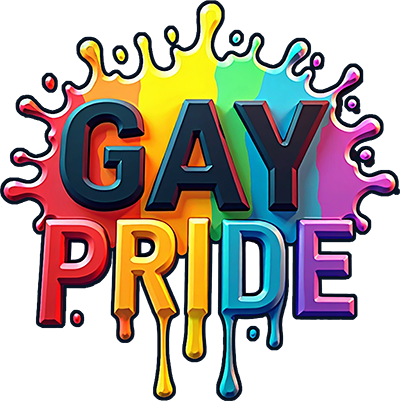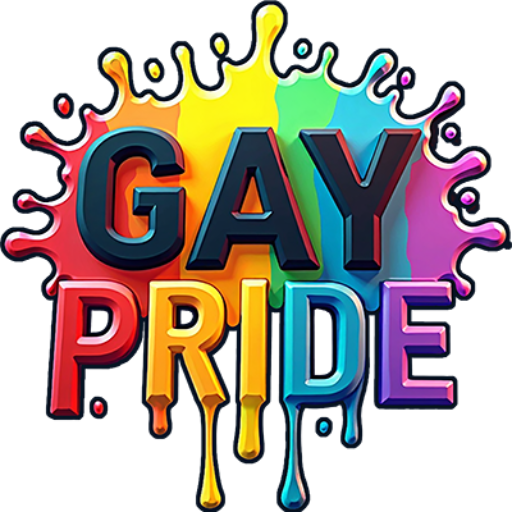Breaking Down Barriers: LGBTQ Achievements and Milestones 🌈
The journey towards equality and acceptance for the LGBTQ community is a tapestry woven with resilience, courage, and triumph. As society continues to evolve, it’s crucial to reflect on the significant milestones and achievements that have shaped the LGBTQ movement. This blog post will delve into these critical moments, showcasing how they have helped break down barriers and pave the way for a more inclusive world.
Table of Contents
1. Historical Milestones
2. Legislative Victories
3. Cultural Impact and Representation
4. Social Movements and Activism
5. Conclusion
6. FAQ
Historical Milestones 📜
Understanding the history of LGBTQ rights involves acknowledging key milestones that have significantly shifted perceptions and legal standings. These moments in history are not just dates on a calendar; they are beacons of hope and progress.
One of the earliest LGBTQ milestones was the Stonewall Riots of 1969 in New York City. This spontaneous uprising against police raids at the Stonewall Inn marked a turning point, igniting the modern LGBTQ rights movement. The bravery shown by individuals like Marsha P. Johnson and Sylvia Rivera during these riots laid the groundwork for future activism.
Fast forward to 1999, when President Bill Clinton declared June as Gay and Lesbian Pride Month, honoring the Stonewall Riots’ anniversary. This acknowledgment at a national level was a pivotal step in recognizing the struggles and achievements of the LGBTQ community.
Legislative Victories 🏛️
Legislation plays a crucial role in establishing equality and protecting the rights of marginalized communities. Over the years, several legislative victories have marked significant progress for LGBTQ rights.
In 2003, the landmark Supreme Court case Lawrence v. Texas invalidated sodomy laws across the United States, decriminalizing same-sex relationships. This decision was a monumental step towards dismantling institutional discrimination.
Another major victory came in 2015 with the Supreme Court’s decision in Obergefell v. Hodges, which legalized same-sex marriage nationwide. This ruling not only recognized the legitimacy of same-sex love but also provided legal protections to countless families.
Cultural Impact and Representation 🎭
Media and culture significantly influence public perception and acceptance. Increased representation of LGBTQ characters in films, television, and literature has fostered greater understanding and acceptance.
In 1997, Ellen DeGeneres made history when her character came out as gay on her sitcom “Ellen.” This bold move was a cultural milestone that opened doors for more authentic LGBTQ stories in mainstream media.
Today, shows like “Pose” and “Schitt’s Creek” not only entertain but also educate audiences about LGBTQ experiences, highlighting diversity within the community and breaking stereotypes.
Social Movements and Activism ✊
The heart of the LGBTQ rights movement lies in the relentless activism and advocacy by individuals and organizations fighting for equality.
Organizations like the Human Rights Campaign and GLAAD have been instrumental in advancing LGBTQ rights through advocacy, education, and lobbying efforts. Their work has led to increased visibility and policy changes that benefit the community.
Grassroots movements, such as Pride marches and local advocacy groups, continue to be vital in raising awareness and demanding change. These movements empower individuals to share their stories and foster a sense of community and solidarity.
Conclusion 🌟
The journey towards equality for the LGBTQ community is ongoing, but the milestones achieved thus far are a testament to the power of resilience and activism. Each step forward—whether through historical events, legislative changes, cultural impact, or social movements—brings us closer to a world where everyone, regardless of their sexual orientation or gender identity, can live authentically and freely.
As we celebrate these achievements, it’s essential to continue advocating for those who remain marginalized and to honor the legacy of those who fought tirelessly for the rights we enjoy today.
FAQ 🤔
Q: What was the significance of the Stonewall Riots?
A: The Stonewall Riots of 1969 were pivotal in igniting the modern LGBTQ rights movement, serving as a catalyst for activism and change.
Q: How did the legalization of same-sex marriage impact the LGBTQ community?
A: The legalization of same-sex marriage in 2015 recognized the legitimacy of same-sex relationships, providing legal protections and affirming the rights of LGBTQ families.
Q: Why is representation in media important for the LGBTQ community?
A: Representation in media helps break stereotypes, fosters understanding, and promotes acceptance by showcasing diverse LGBTQ stories and experiences.
Q: What role do social movements play in LGBTQ rights?
A: Social movements are crucial in raising awareness, advocating for policy changes, and building a sense of community and solidarity within the LGBTQ movement.
Q: How can individuals support LGBTQ rights?
A: Individuals can support LGBTQ rights by educating themselves, advocating for inclusive policies, participating in Pride events, and supporting LGBTQ-owned businesses and organizations.

